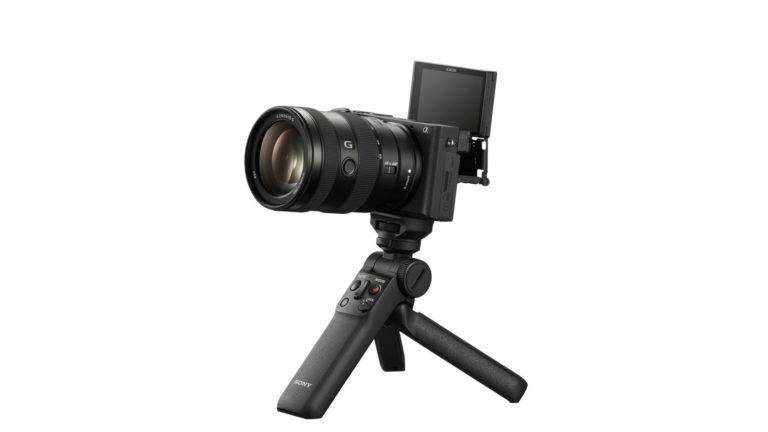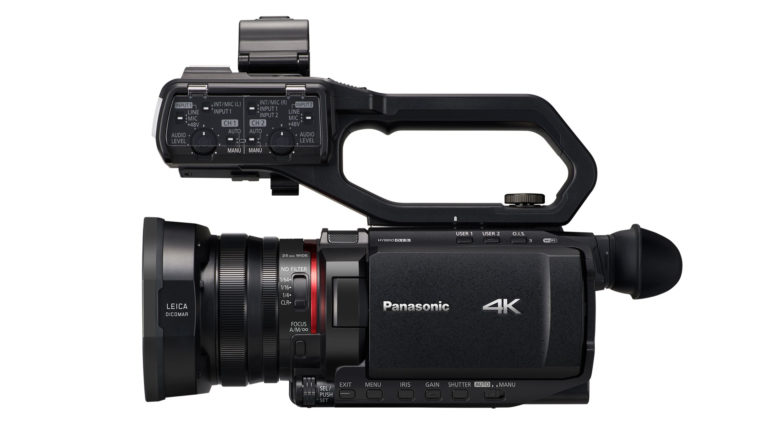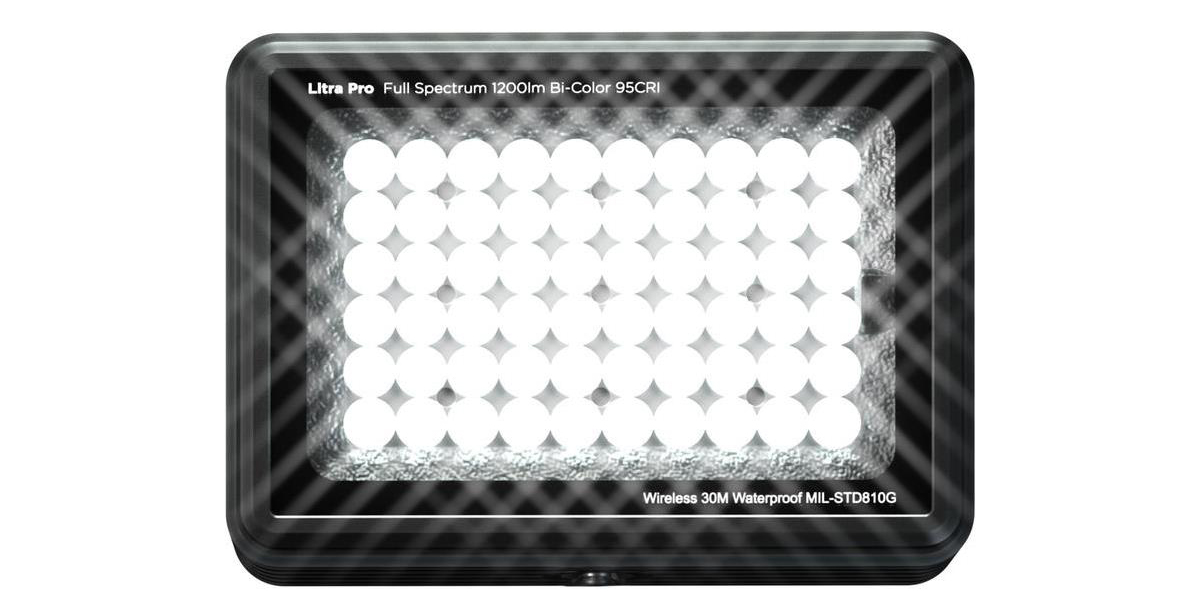Moving From Down-Home Drama to Big-Studio Comedy

David Gordon Green: It’s been a great collaboration. We’ve worked together since film school. I think as our working relationship gets closer, we communicate a little less, because we know what we want. On Pineapple Express, we did some storyboards for sequences that had stunts or action or things that needed to be communicated to lots of people. Otherwise, he knows where I like to put the camera. I trust his instincts and don’t need to look over his shoulder. I can let him loose, just as I let the actors loose. If the cast is ready and has the energy, I can get on with the show.
Was it difficult to shoot action scenes, since they’ve never been part of your films before?
That was another good thing about working with Tim Orr. When I said “Let’s shoot it like this,” he instinctively knows what I mean. We bring a lot of similar ideas and reference points. When we talk to stunt coordinators and drivers, I think we’re both speaking a language that’s practical and extraordinarily ambitious. It was a chance to do something ew in terms of our professional experience, but touch on what we’ve loved in the movies we’ve watched over the past 20 or 30 years.

You’ve talked about Tango and Cash as an inspiration for Pineapple Express. Were there any other action films you looked at as role models for it?
I like Bad Boys 2 a lot. We’re the poor men’s version of that, in terms of what we had to blow up, but it has some inspired sequences that never lose sight of character. We kept that in mind. I love the car chase sequences in The Blues Brothers. Raising Arizona has a great fight sequence in a trailer, where you see the human vulnerability and what hurts when you take someone who doesn’t know how to fight and put him in a situation where he has to. They Live has a long fight with Rowdy Roddy Piper that I like. The Punisher has a scene with Thomas Jane fighting a Russian character, just throwing him against apartment walls. I loved it in the theater and I watched it again before shooting Pineapple Express.
Were the wipes always part of your conception of the film’s look?
I’m a big fan of the wipes. I think they’ve been neglected over the past few years. I’m trying to bring wipes and the zoom lens back to movies.
The violence is depicted with a strong sense of humor. Was there anything you shot that you found too disturbing or realistic to include?
Not really. When we were editing it, the rough cut was pretty conservative and we didn’t use a lot of violence. The more we got closer to the movie we wanted to see and the more we test-screened it for audiences, the violence became what was fun about it . It also added a threatening element. I suppose it’s exploitative and somewhat cartoonish, but it brings the circumstances of the characters to higher stakes.
The first two thirds of Pineapple Express are very performance- and dialogue-driven. Was it a challenge to find a visual style for that?
Yes. When people ask me what was difficult about the movie, it was taking a sequence that’s 12 pages of talk and bringing enough entertaining elements to the set design, camera movements and performance to keep the audience interested. As a viewer, I tune out talking heads and banter. The set design has little details that might make you smile, but it’s not unrealistic. The performances have an energy and movement. The characters get up and rearrange themselves. We used two cameras on a lot of that to achieve a high degree of improvisation and have something to edit. It took a number of days to make sure we got it right.
The poster for Howard Hawks’ Scarface in the dealer’s room was a great choice.
In the script, of course it was the Brian de Palma version. I thought it would be funny to go back to the old one. He probably couldn’t afford the new one, so he picked up the Hawks one at a poster shop.
Your early films have a very strong sense of place, but Pineapple Express seems like it could be taking place anywhere in the U.S. Do you see it as a film about suburbia?
We set it in a fictional county, where Superbad [also produced by Apatow] also takes place: Clark County. It’s the most common name for a county in America. Intentionally, I wanted to bring a universal feel to it. As outrageous as their circumstances get, the characters are always identifiable. So there is a subtle statement about some of the more mundane aspects of life. It’s buried beneath the surface a bit.
Where was it shot?
Around L.A. We tried to shoot in places like Downey that aren’t typical Hollywood locations. There aren’t a lot of palm trees in the film. We wanted to avoid Hollywood clichà©s to make the location ambiguous. We wanted it to be timeless as well. I get frustrated in contemporary comedies by pop culture references and hit songs. Often, they’re out of style by the time the movie comes out. We finished filming Pineapple Express a year ago. If we used what was hot at that moment, it would already be stale. I want it to have some longevity. I can picture stoners digging it out of the earth 40 years from now.
Your trailer seems to have given M.I.A. a hit single.
We’re getting a little backlash because it’s not in the movie. Our trailer editor decided to use “Paper Planes.” I’m a huge fan of the song. It’s great to see her rising success.

The films Judd Apatow produces or writes often feel very similar to the ones he directs. Did you ever feel like you had stepped into another filmmaker’s world?
Not in a bad way. I felt like I was working with people who were really inspiring. I brought a lot of my sensibility to an arena where I would get more exposure and hopefully open doors creatively. He was really supportive of what I wanted to do. His tendency to bring a human, emotional level to comedy and creating some characters that you care about, even in vulgar situations, is what I want to see and make. I’m excited to be a part of it.
Did you feel that you had gotten into a rut, making small-scale films about regional life?
No. There’s so much to uncover, so many characters that are neglected by Hollywood. I’m all about making films about places that fall by the wayside. I don’t live in Hollywood. It’s not a part of my scene. I like to bring a level of honesty and commitment to whatever I do.
When you made George Washington, did you ever imagine yourself making studio films?
Yes, I’ve always imagined myself making studio films. When I was 8 years old, I wanted to get into this profession. It came from watching epics and spectacle as much as smaller, more intimate films. I’m interested in every genre. I want to explore them and open doors.
Did anything about big-budget filmmaking surprise you?
No. It was such a comfortable experience. I had a get start, having made four films, and ridden the rollercoaster before. It’s a bit different when you command a bigger crew and you’re responsible for a larger budget, but I was really confident about it. I talked to a lot of people that have made the transition.
Is the Suspiria remake going to be your next film?
I don’t know. I’m trying to get a cast and a good script together. We’ll see if anyone nibbles on it. It doesn’t necessarily fit into any category that Hollywood’s looking for. Hopefully, people will understand that I’m trying to deliver something unexpected. To me, going from drama to comedy to horror is the next obvious step.
The film’s style is what really sticks with you, like the use of color and an overpowering soundtrack. How do you plan to come up with something different but as effective?
It’s a movie I admire in a lot of ways. I think it’s very ambitious. But I don’t think it’s a perfect film. I feel like there’s a lot of untapped avenues it doesn’t explore. I want to delve into those further and introduce an emotional element. I want to amplify what’s so magnificent about the original, but I want to reinvent what a contemporary horror more is capable of.
Do you have any advice for beginning filmmakers?
Just stick around people you trust. It’s a cut-throat industry of manipulation, greed and ego. Watch out for it, in yourself and in the people that you’re around. If people who are working with you have their own personal gain as a priority, you’ve got to find new friends and associates. It’s got to be a true collaboration between the artistic and technical sides.
Do you think being from the South gave you a different perspective than most filmmakers?
Absolutely. I live a life where, as much of a movie nerd as I am, I’m interested in a lot of things that have nothing to do with Hollywood. When I visit Los Angeles, I meet people who live the business 24/7. It’s great to live in a place where I have a different perspective and everyone on my block does something different. I can sit on my front porch and talk to wonderful, colorful people and enjoy the diversity of that. I really do value the outside perspective that I try to bring to everything I do.
Did you enjoy this article? Sign up to receive the StudioDaily Fix eletter containing the latest stories, including news, videos, interviews, reviews and more.








